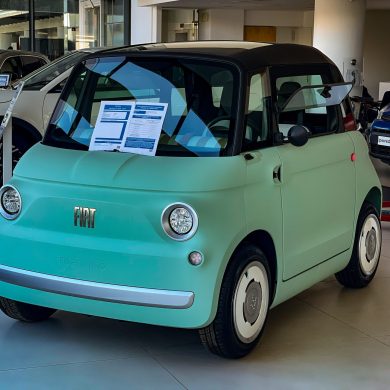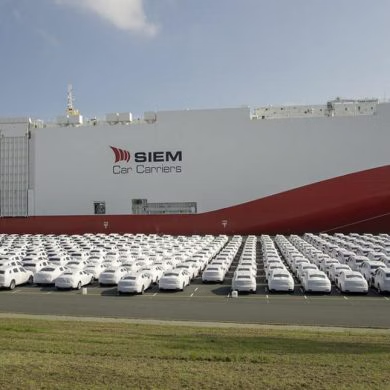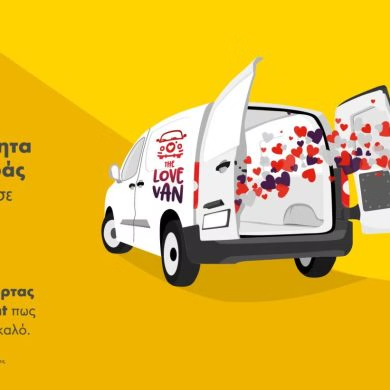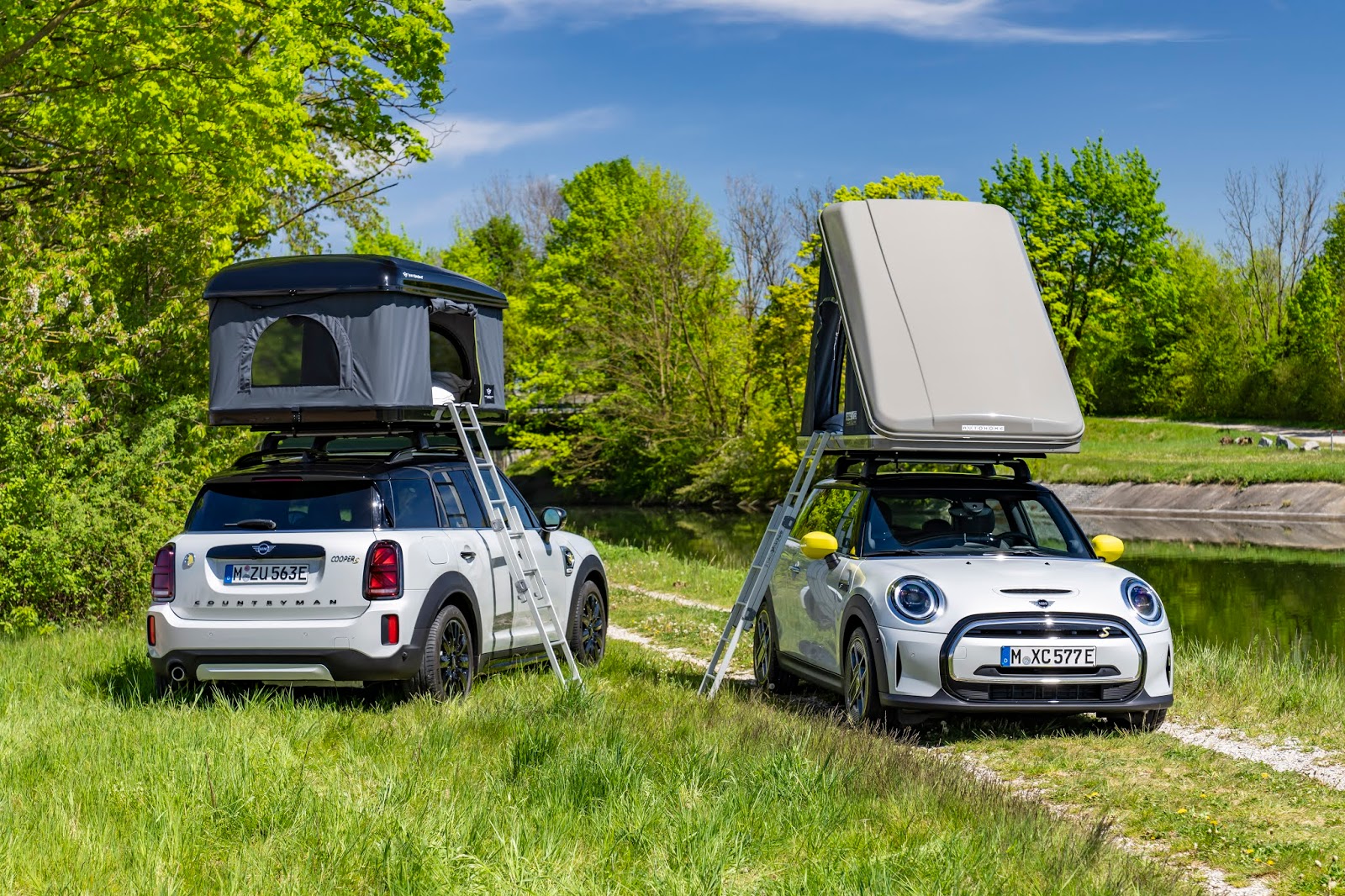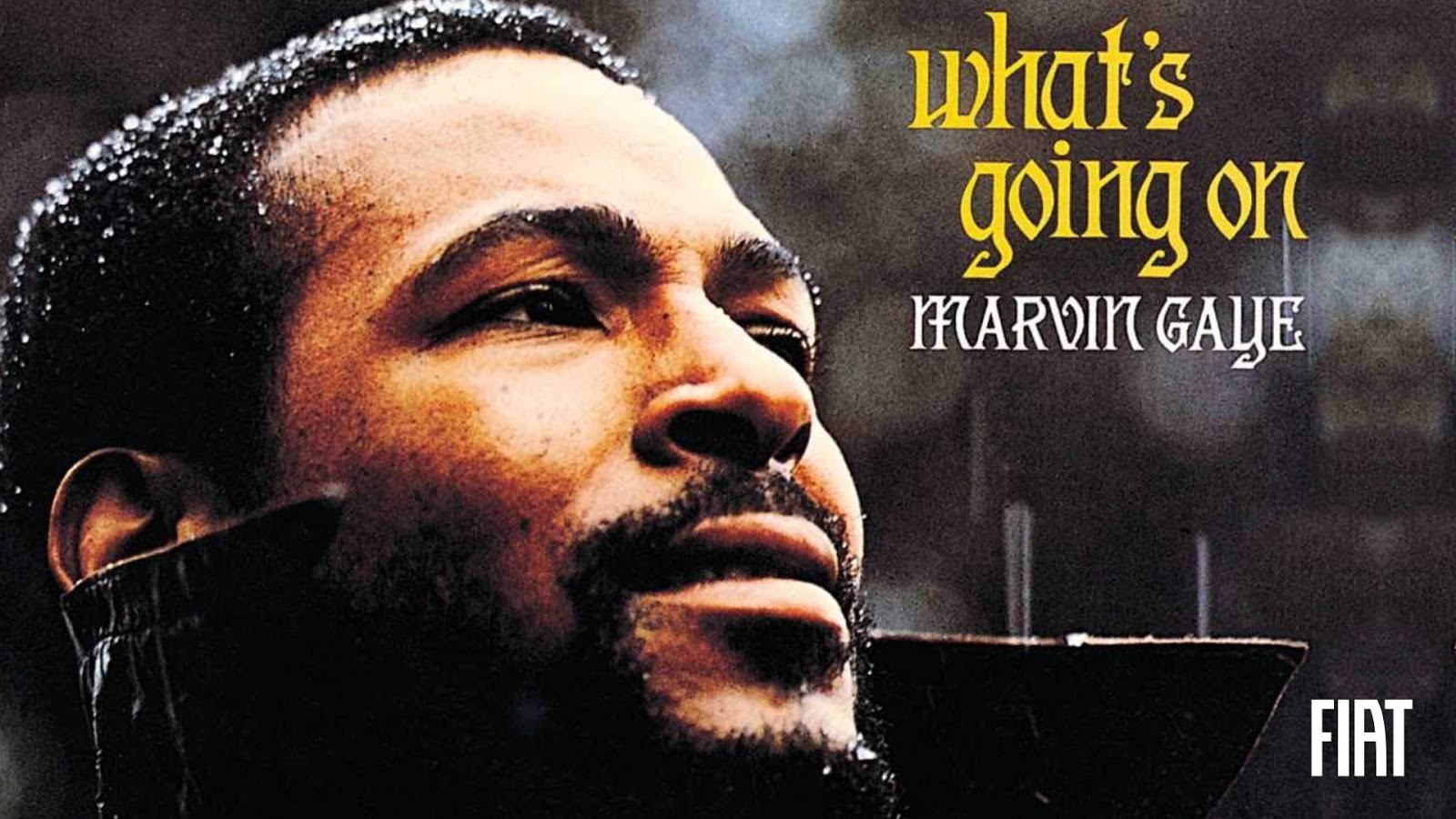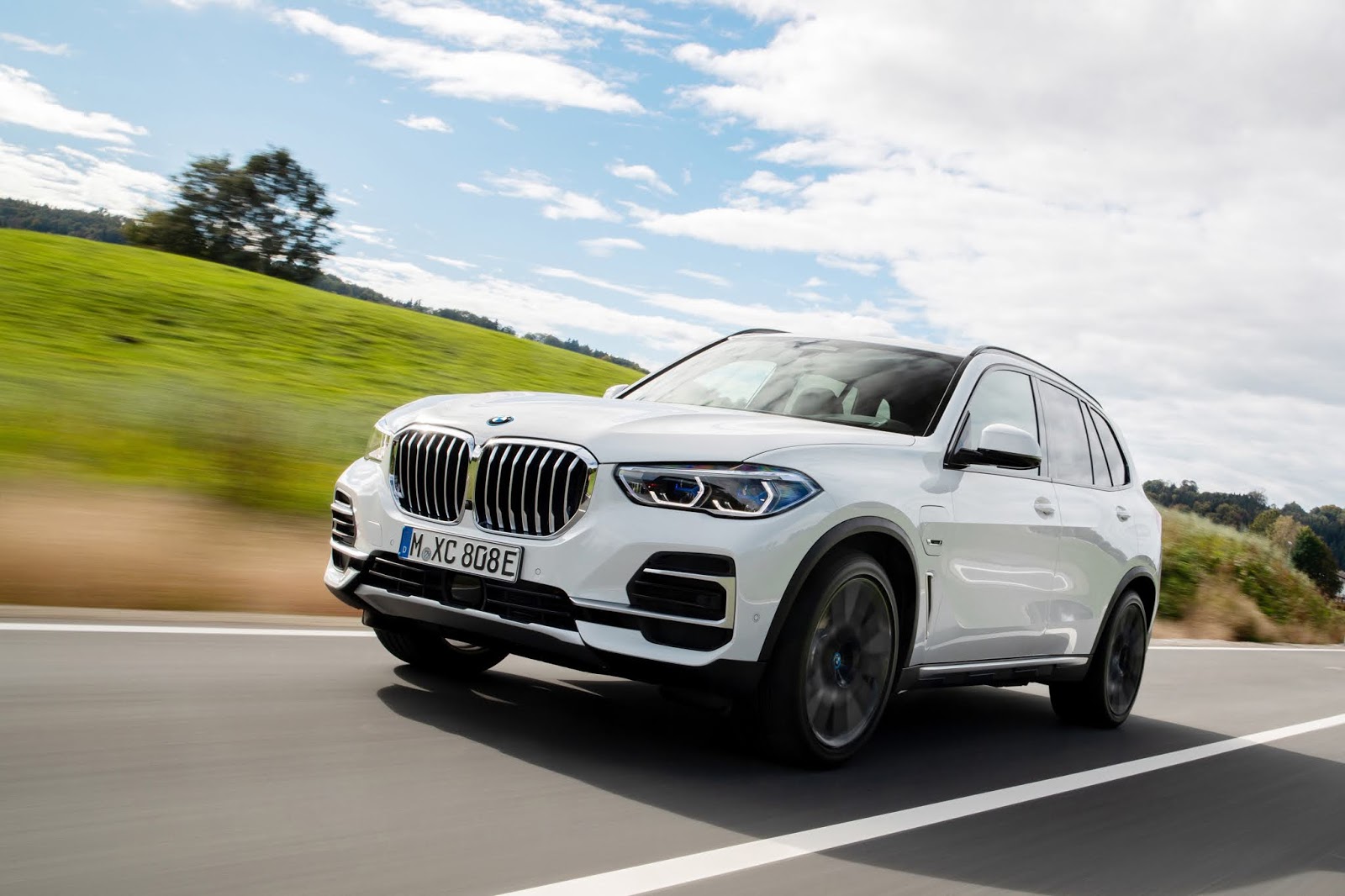
The BMW Group accelerates its sustainability activities, becoming the first car manufacturer worldwide to equip its vehicles with tyres made from certified natural rubber and rayon, a wood-based material used to reinforce tyres. The company will initially source 22-inch tyres exclusively from Pirelli and will use them on the BMW X5 xDrive45e Plug-in-Hybrid from this August. The certification of the rubber plantations and the complex supply chain for natural rubber and rayon is carried out in accordance with the strict standards of the independent Forest Stewardship Council (FSC).
"As a premium manufacturer, the BMW Group aspires to lead the way to sustainability and take responsibility," said Dr. Andreas Wendt, Member of the Board of Management of BMW AG responsible for Purchasing and Supplier Network. "We are committed to improving the cultivation of natural rubber and increasing transparency in the supplier network from 2015. The use of tyres made from certified natural rubber is a groundbreaking achievement for our industry. In this way, we are helping to preserve biodiversity and forests to offset the pollutants responsible for climate change."
Natural rubber is the basic material for many products we use in our everyday lives, such as boots and mattresses. Around six million smallholder farmers around the world are responsible for over 80% of the world's natural rubber cultivation. In the so-called rubber belt in the tropics, they farm one to two hectares in a wide variety of conditions. The great challenge is therefore to agree uniform social and environmental growing conditions with all these independent farms, which number in the millions. By far the largest and by far the largest share of natural rubber grown worldwide is for the production of tyres. Its high elasticity and strength make it currently irreplaceable in this use.
Small signal, high recognition
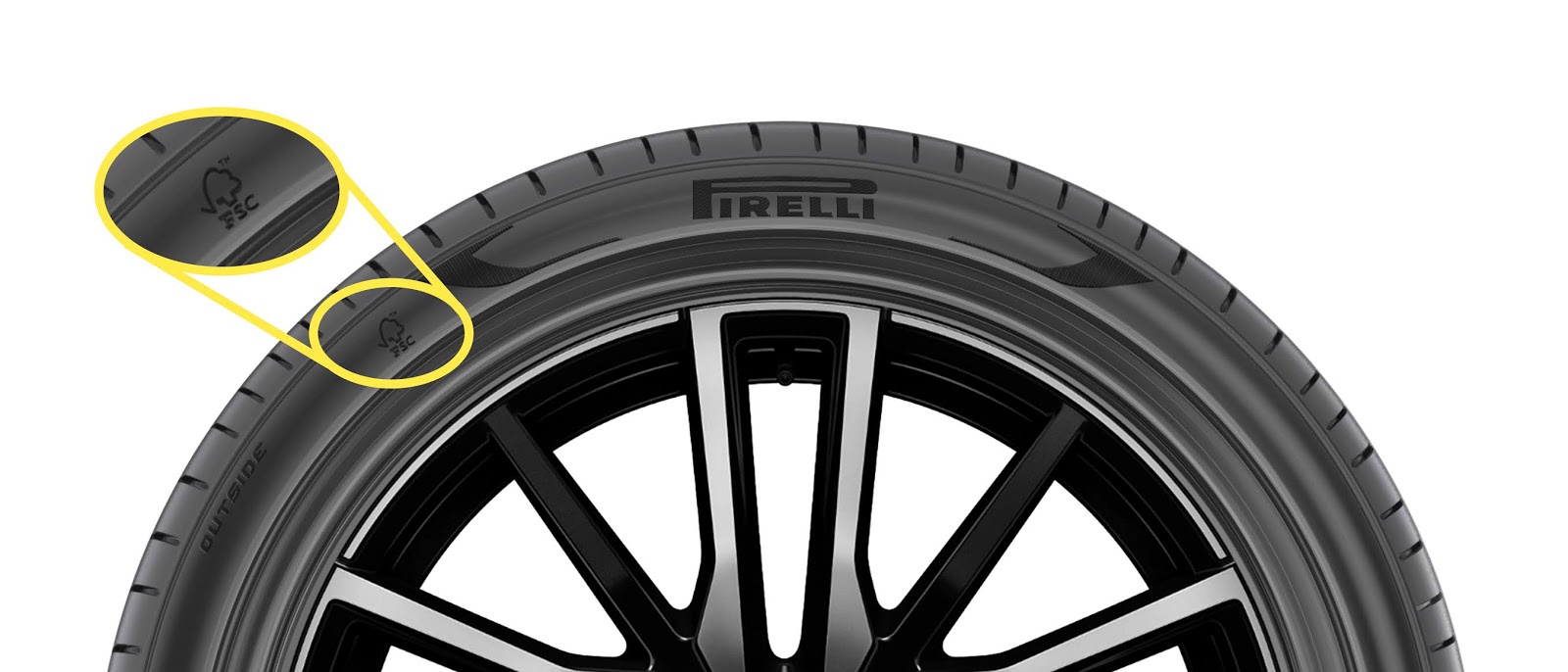
As an independent organisation, the FSC Forest Stewardship Council has developed an internationally recognised and rigorous certification standard in recent years that is used worldwide for environmentally appropriate, socially beneficial and economically sustainable forest management. The organisation whose FSC label is recognised in the wood and paper industry also applies this standard to products made from natural rubber.
The new 22-inch P ZERO* tyre has now become the world's first tyre to be certified with the prestigious FSC label. To earn this certification, Pirelli adapted its U.S. factory in Rome, Georgia, to produce tires from FSC® certified natural rubber and rayon. From there, the tires are delivered to the BMW Group's Spartanburg plant, about 370 km away, and installed on the BMW X5 Plug-in Hybrid. The asterisk ∗ in the name indicates that the new tire meets the BMW Group's stringent performance requirements, including very low rolling resistance and noise level.
Giovanni Tronchetti Provera, Senior Vice President in Pirelli's Sustainability & Future Mobility division, said: "Before it even hits the road, sustainable mobility starts with raw materials. With the world's first FSC-certified tyre, Pirelli once again demonstrates its commitment to pursuing ever more demanding sustainability goals, proving that it is constantly exploring innovative materials and the most advanced production processes. We continue to invest in sustainable development for our planet, aware that this is also important for the future of our business."
Jeremy Harrison, Chief Markets Officer, FSC International, added: "The new FSC-certified Pirelli Rubber is an important milestone on the road to achieving economic, social and environmental benefits across the natural rubber value chain. It is an important step forward in the 'journey' towards a more sustainable natural rubber value chain, putting a brake on deforestation and supporting the fight against climate change."
Long-term commitment to greater transparency and sustainability in the natural rubber supplier network
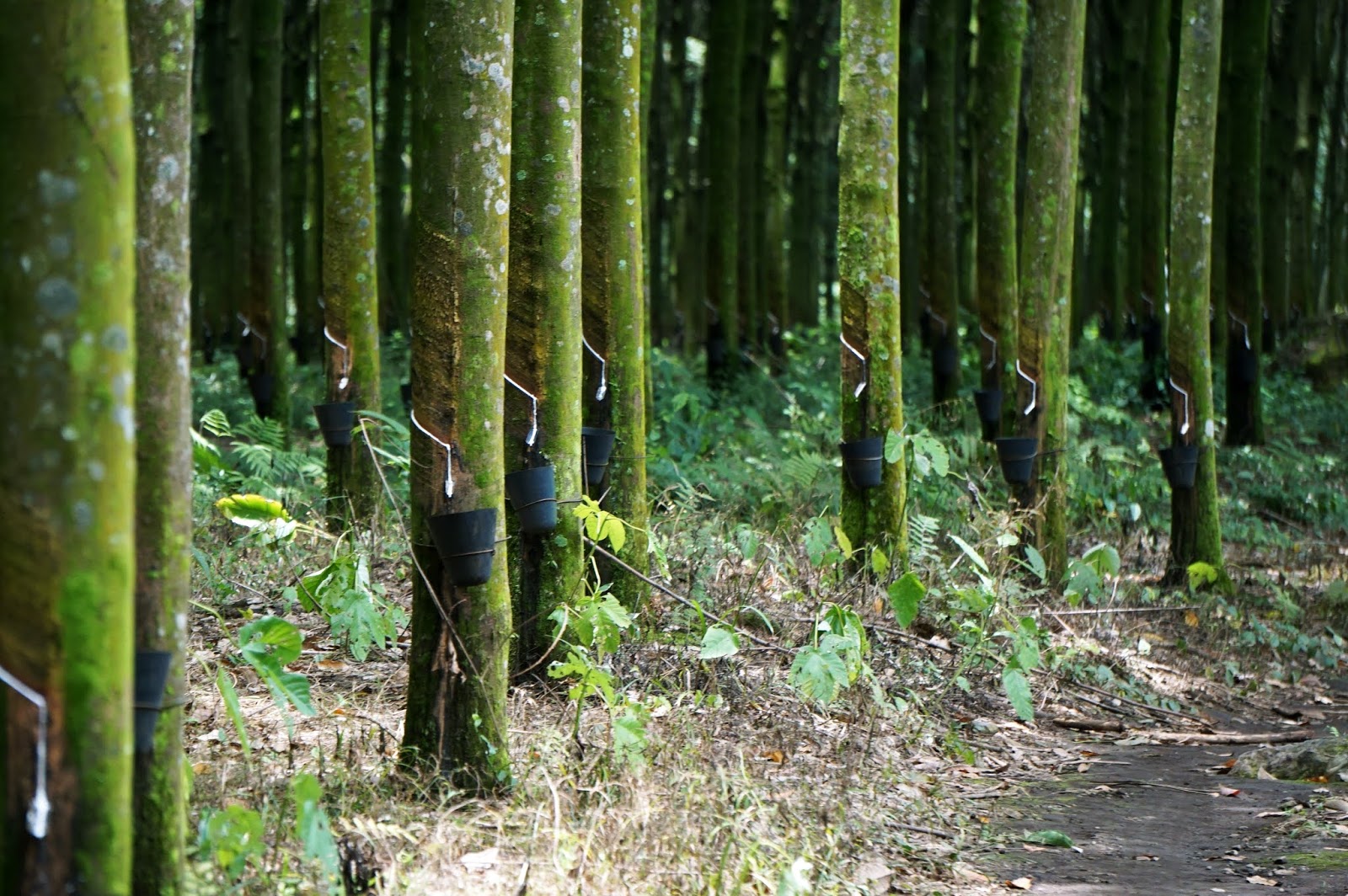
The use of the first tyres made from certified, sustainable natural rubber and rayon in the BMW Group is the result of the company's extensive commitment in this area. In 2019, the BMW Group joined forces with renowned tyre manufacturers, NGOs, rubber producers and consumers in creating the Global Platform for Sustainable Natural Rubber (GPSNR) initiative. Smallholder farmers are also represented in this initiative. GPSNR is committed to improving social and environmental conditions for natural rubber farming and promoting sustainability. It is also implementing measures to stop deforestation and increase transparency of supply chains. GPSNR currently lists over 100 members, responsible for approximately 50% of the global natural rubber market. Through its GPSNR activities and close cooperation with its suppliers, the BMW Group is continuously working to further improve sustainability in the natural rubber supply chain. The BMW Group is accelerating these activities and plans to steadily expand the use of tyres made from sustainable, natural rubber.
The BMW Group has many years of cooperation with the FSC (Licence code FSC-N002012). The company decided to use FSC® certified wood in the BMW i3, which was first launched in 2013. The BMW iX to be launched later this year will also include FSC® certified wood. In 2017, the BMW Group and FSC supported the expansion of FSC standards for natural rubber cultivation in Thailand.
Sustainability an integral element of the entire supply chain
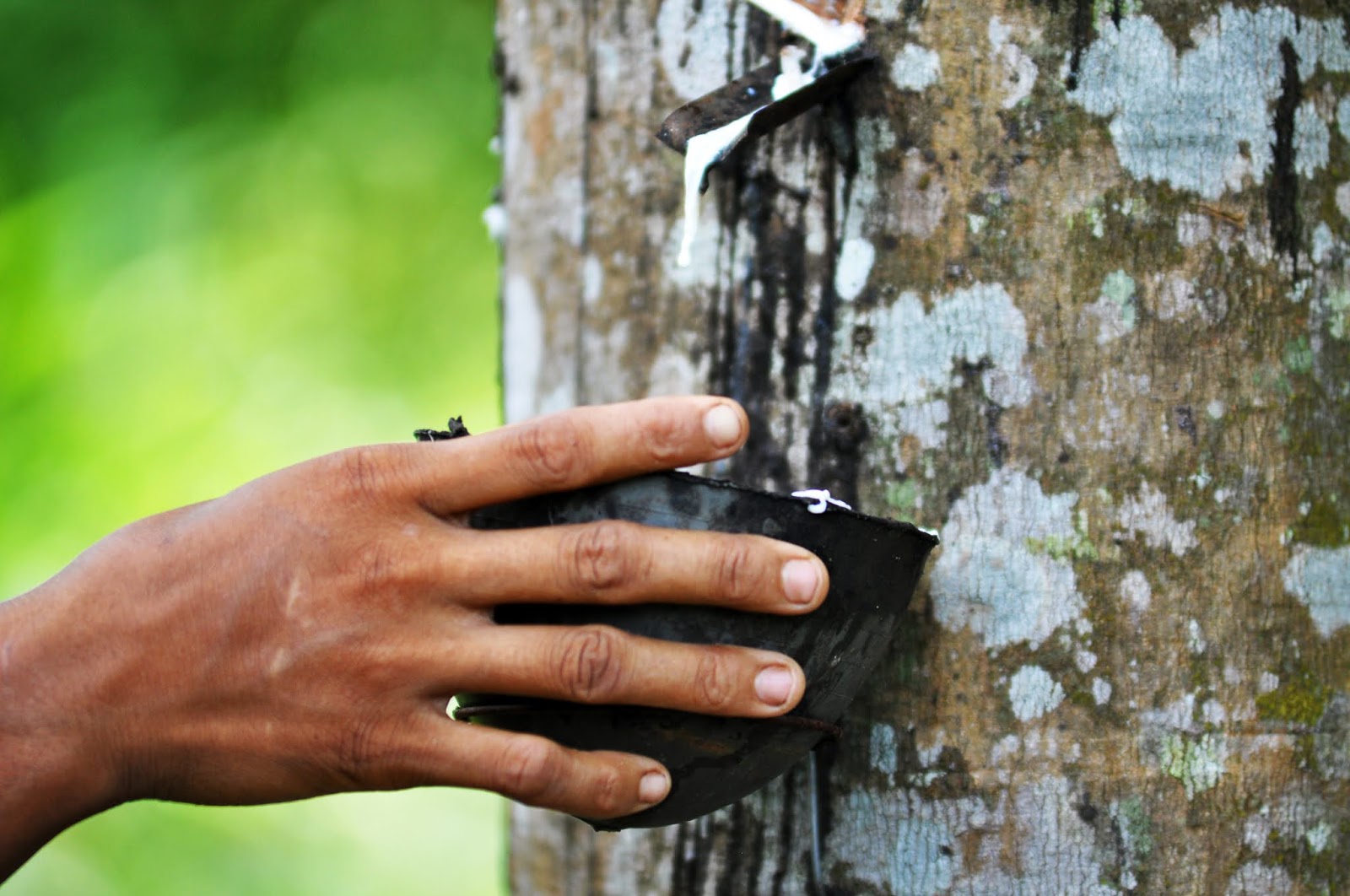
Regardless of these measures, since 2014 all direct suppliers to the BMW Group have been contractually obliged to respect human rights, comply with extensive environmental and social standards and use management systems that improve user safety and protect the environment. This also includes the protection of forests and biodiversity. The contractual obligation also applies to subcontractors. To this end, the Purchasing department of the BMW Group not only relies on contractual obligations, but also implements a large number of additional measures in a transparent process. A risk filter is used to evaluate facilities of potential suppliers from all over the world before inviting bids. In a next step, it asks prospective suppliers to describe their sustainability activities in a detailed questionnaire. External partners work with internal auditors to evaluate selected facilities. Throughout the contract period, external partners work with internal auditors to verify compliance with sustainability standards through questionnaires and audits. In this way, the Purchasing department of the BMW Group monitors thousands of facilities every year.
Sustainable mobility with the BMW X5 xDrive45e

The BMW Group has completed the CO2 emissions certification cycle for the BMW X5 xDrive45e - from raw material procurement, the supply chain, production and the use phase through to recycling. If charged during the use phase with the average European electricity mix, it offers an advantage of around 40% over the BMW X5 xDrive40i. If charged with green energy, the advantage is around 70%. The electric range reaches 77-88 km (WLTP).


